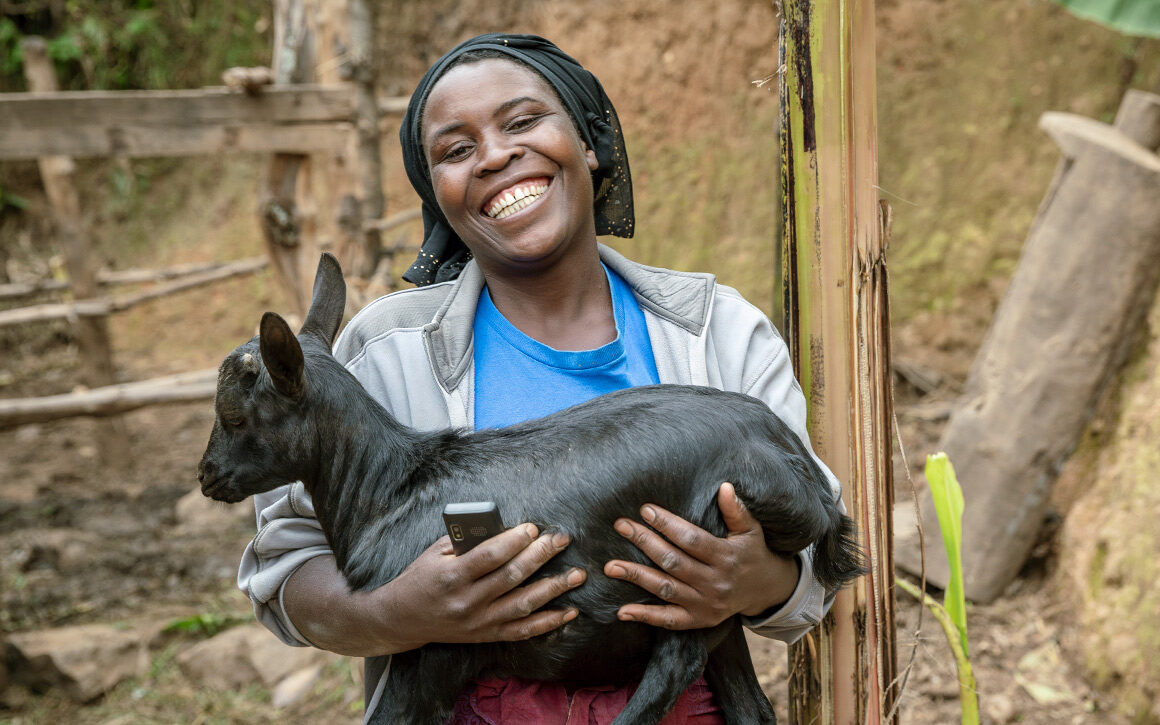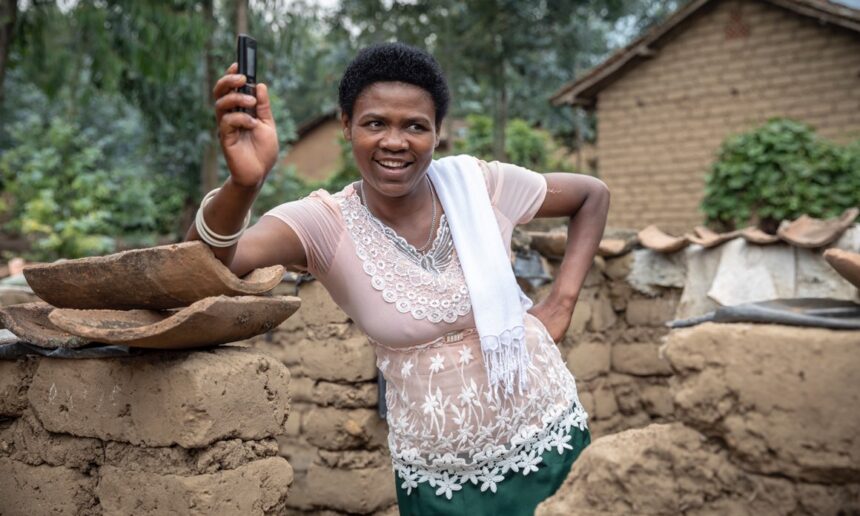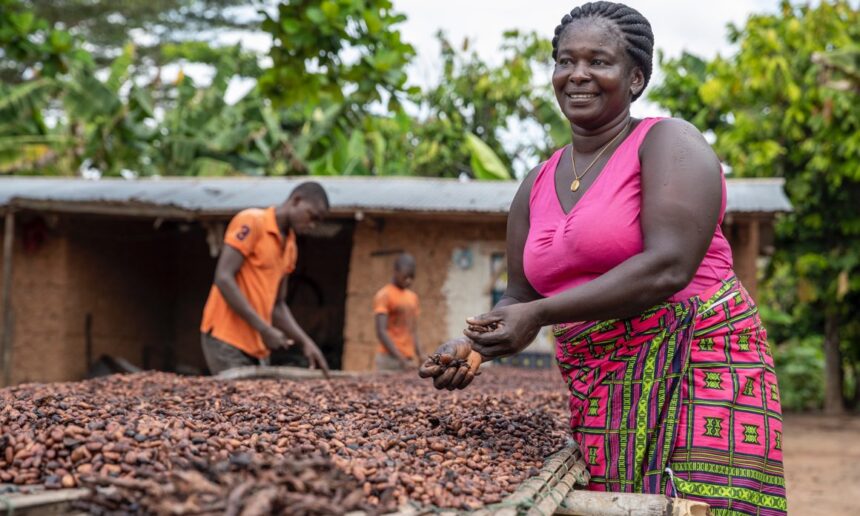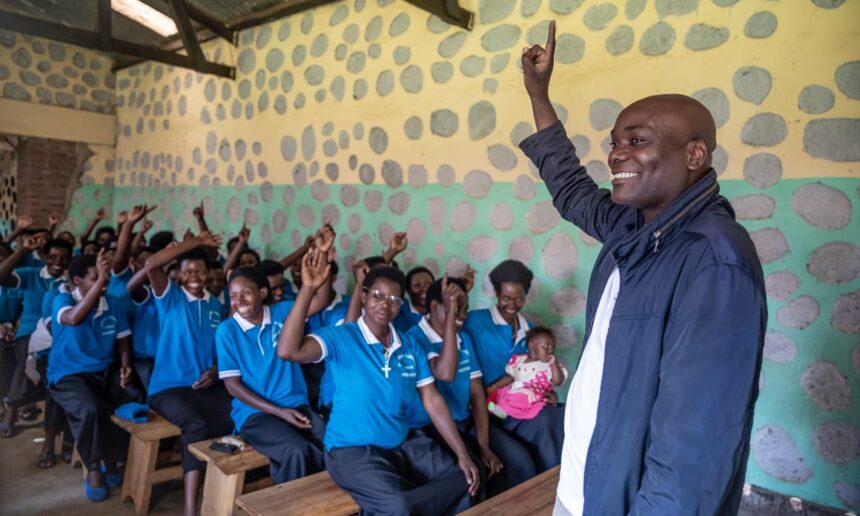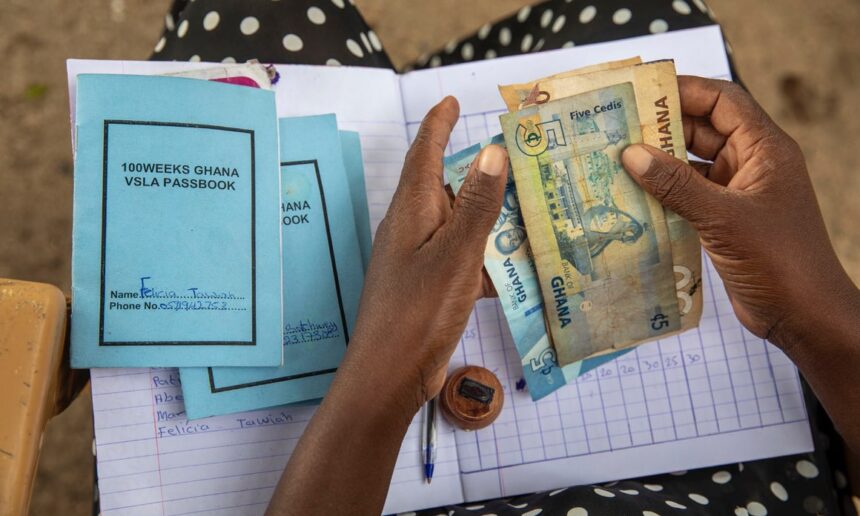Photo: © 100WEEKS
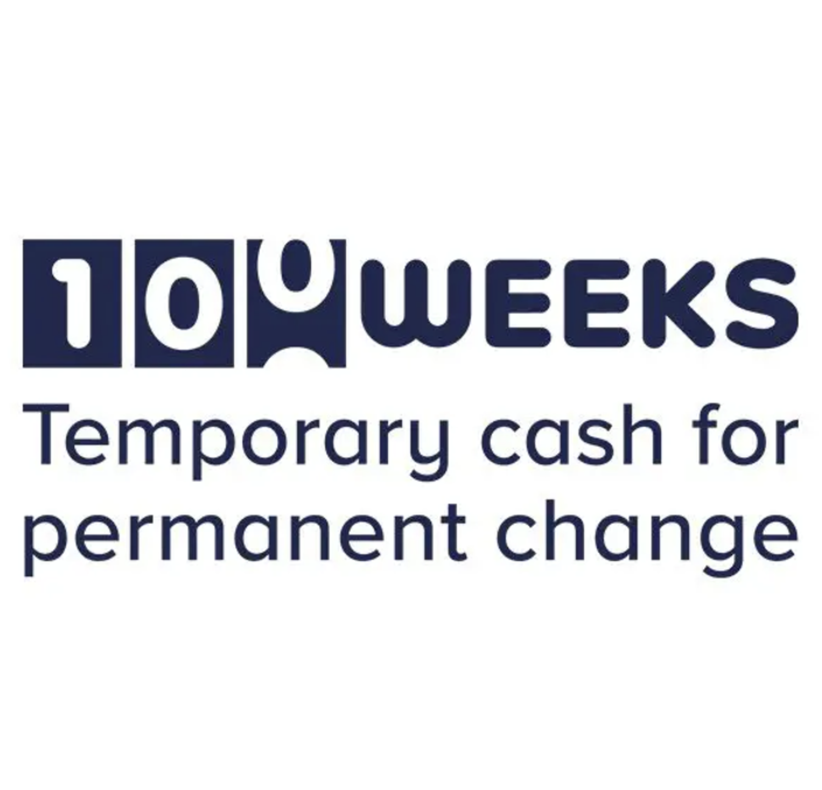
The non-profit organization 100WEEKS breaks the cycle of poverty by giving women temporary cash plus life and entrepreneurial skills training
100 Weeks transfers $8 a week over 100 weeks to each of 20 women in a village who are part of their program to improve living conditions. There are no strings attached to these weekly cash donations, except for one: attending weekly group meetings to manage their financials. In these training sessions, they learn how to use money to save, consume, or invest. They also teach them to recognize their strengths and passions and to take entrepreneurial action. The transfer of knowledge is mainly based on learning-by-doing and peer-to-peer concepts. The aim is to discover their opportunities and find out how they can use the financial boost to improve their situation in the long term. After the program, most women successfully start a micro-enterprise, i.e. by raising chickens or expanding their agricultural activities. 100 Weeks uses existing mobile phone platforms to transfer micropayments on a large scale and to create an audit.
Some well-intentioned programs and initiatives aim to help people escape extreme poverty. During his time in development cooperation, Jeroen de Lange came across many projects that were unfortunately not as effective as they could have been. 100 Weeks therefore aims to help people free themselves from extreme poverty through their efforts. The innovative program focuses on the women within the village community because they can create a better future for their families if only they had the chance and financial means. The approach: 100 Weeks raises €20,000 in donations to send the equivalent of €8 a week to a group of 20 women’s smartphones for 100 weeks. Thanks to this temporary unconditional basic income and the accompanying training courses, around 70% of participants in the program have been able to lift their families out of poverty for good, as measured by the multidimensional poverty index (MPI). The concept is being implemented in Rwanda and Uganda in East Africa, Ghana, and the Ivory Coast in West Africa.
It has been shown that people who have managed to free themselves from extreme poverty can strengthen entire communities: School attendance rates increase, child trafficking decreases and nutrition improves.
- School attendance in program families is almost 100%
- An economic multiplier effect means that every euro transferred creates a value of €2.60 in the local community.
- The number of meals consumed daily grows from 1.6 to 2.8 on average.
To determine the level of lasting impact, 100WEEKS continues to monitor and collect data on the participants’ progress even after the 100WEEKS program ends. One of the first groups of participants completed the program in 2017, and an internal study conducted two years later has shown that participants are still far better off than before the program.
Project Evaluation
Give us feedback!
How do you like the project? Answer two questions and give us some quick feedback!
Create your own evaluation with the GOOD Scorecard!
By filling out our online scorecard, you provide us with valuable feedback. You can also download the scorecard and evaluate any any project of your choice.
Contribution to the 17 Global Goals
No Poverty
Direct cash transfers and capacity building for those in need.
Quality Education
100 Week training programm covering multiple life and entrepreneurial skills
Reduced Inequalities
Less inequalities by creating economic opportunities for those in need
Decent Work and Economic Growth
Empowering people to develop their own micro-businesses
Gender Equality
Primary focus is on working with women.
Partnerships for the Goals
Showcasing a highly effective form of development aid driven by civil society.
Video
Images
Photos: ©100WEEKS


